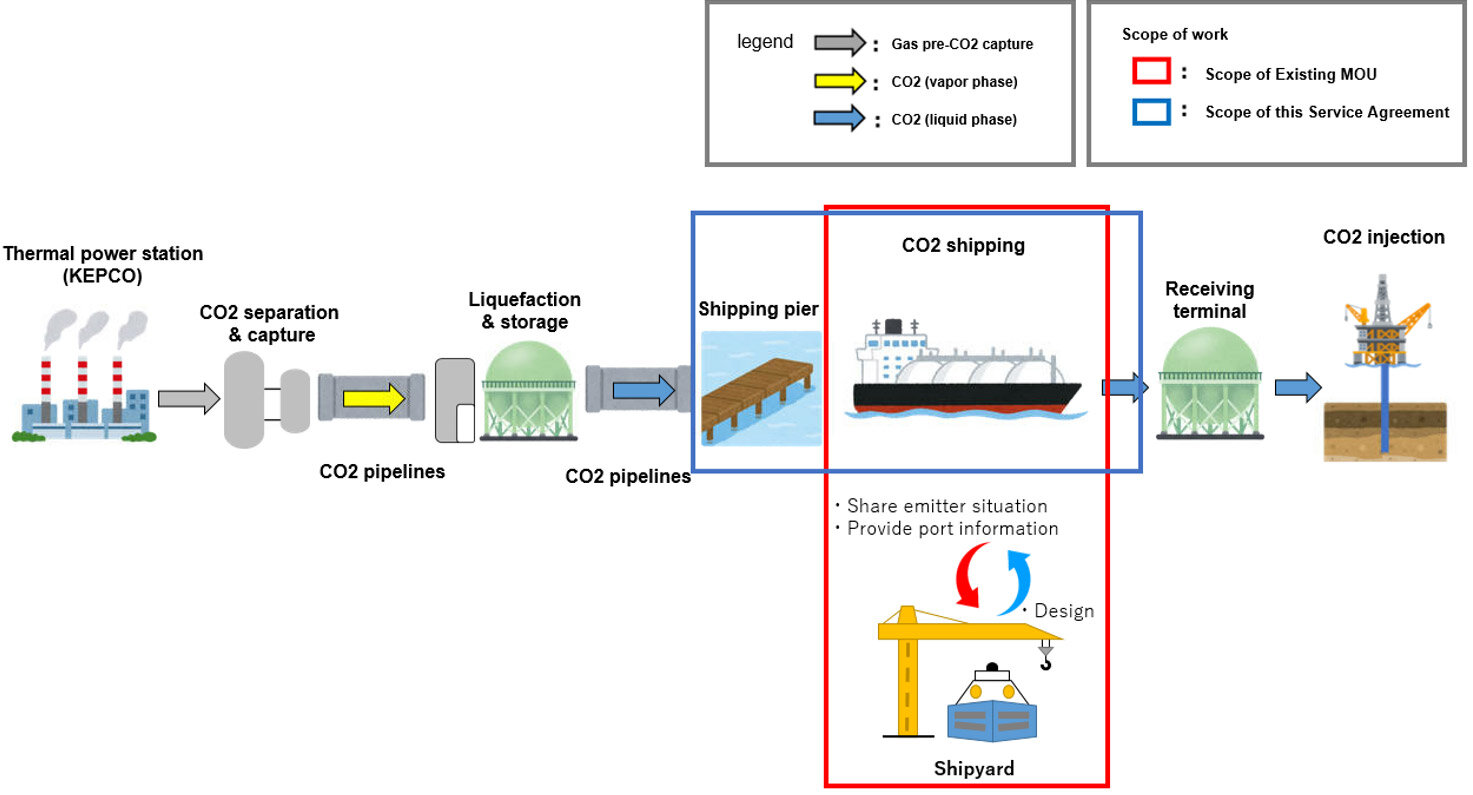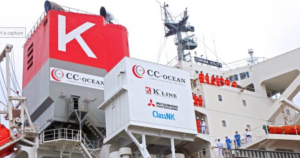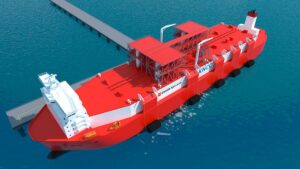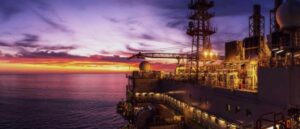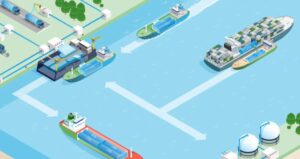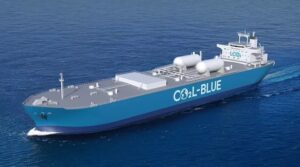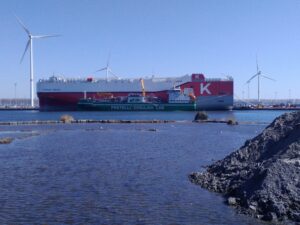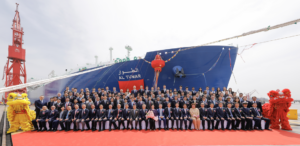Japanese partners to work on LCO2 carrier design for CCS value chain
Japanese firms Mitsui O.S.K Lines (MOL) and Kansai Electric Power Co. (KEPCO) have signed a service agreement to conduct feasibility research on the design of a liquefied CO2 carrier at shipyards in Japan and overseas.
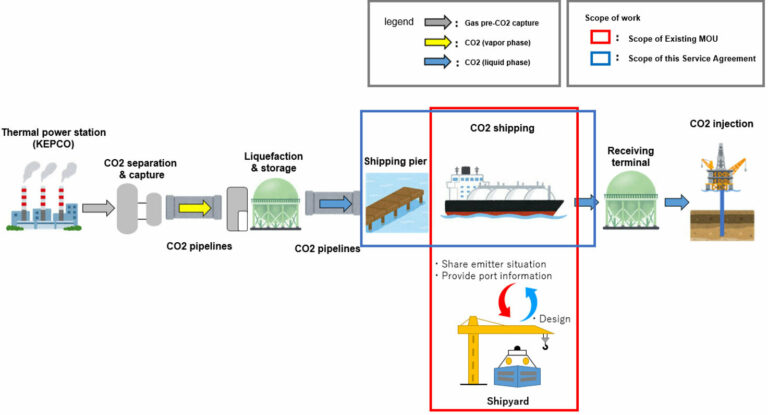
Under the service agreement, the companies will conduct the studies of an optimal ship size for the CCS value chain to be constructed by KEPCO, with the aim of realizing ocean transport of liquefied CO2.
Specifically, MOL and KEPCO will identify issues such as optimal ship size, transport costs, and necessary technologies for ocean transport, which is the process after the separation, capture, and storage of CO2 emitted from specific points.
Furthermore, the firms will accelerate actions toward the realization of a zero-carbon society through full-scale surveys and studies aimed at the realization of liquefied CO2 vessels.
The agreement follows the completion of an initial joint study on liquefied CO2 transport, based on a memorandum of understanding (MOU) between the two companies, by which MOL and KEPCO have been jointly studying the optimal system for ocean transport and storage of liquefied CO2, targeting CO2 emitted from KEPCO’s thermal power plants to establish a CCS value chain.
Related Article
-
Japanese duo to explore CO2 transport potential for CCS value chain development
Carbon Capture Usage & Storage
Meanwhile, in a separate statement, Japanese shipowner Kawasaki Kisen Kaisha (K Line) informed it also entered into a service agreement with KEPCO to study feasibility related to the liquefied CO2 carrier’s design involving domestic and foreign shipyards. This detailed study, which includes design development by shipyards, is ahead of the initiatives of other CO2 emitters.
Based on this agreement, K Line and KEPCO will study and develop optimal specifications for liquefied CO2 carriers and aim to realize liquefied CO2 marine transportation.

